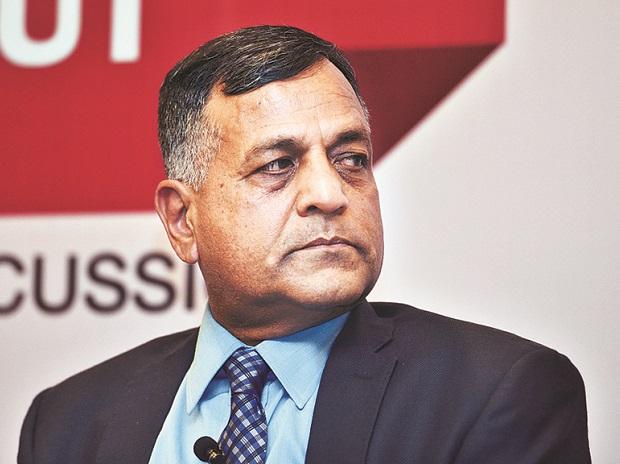
The country which possess independent, impartial and efficient institutions is a politically developed country. Unfortunately this thesis is under stress and its major blow has just come when Election Commissioner Ashok Lavasa has stated that his minority views were not recorded on violations of moral code of conduct. Election Commission has been criticized by opposition parties and analysts that it is giving advantage to PM on the issue of violation of moral code of conduct.
The timing is highly relevant; the complaint of Ashok Lavasa has come when election process has reached to last phase. Thus he averted absolute wiping of credibility of the commission.
Election Commissioner Ashok Lavasa wrote a letter to CEC stating his displeasure on the way the decision making process was implemented in the Commission. According the NDTV he wrote ‘It appears futile for me to participate in the deliberations of the commission until its lawful functioning is restored in terms of including the minority decisions recorded by me.’
The response by Chief Election Commissioner is wrapped in the legal clothing which is a technical in nature that ‘only minority views in quasi-judicial proceedings can be recorded in the orders and the decisions on poll code complaints are not quasi-judicial proceedings, so minority views need not be recorded.’ This explanation falls short of the acceptance at the level of common citizens of India.
Election Commission under article 324 is to conduct election in independent manner but in this 17th General elections the perception has gained a solid ground that the commission is helping the ruling party.
The way the PM was not placed under any restriction and no transparency was followed which raised the doubts among all concerned. It was never revealed what was the nature and content of discussion within the commission about the violation of code of conduct on any issue. The perception emerged that commission was working according to the wishes of the ruling party.
This perception is killing the sanctity of the election process. Now the revelations by Ashok Lavasa has raised finger on the working of the commission.
The revealing point is that there is no decided system of the appointment of the Chief Election Commissioner. This issue has been raised at several fora including Supreme Court, but so far a fair appointment system is lacking. Thus ruling party has exclusive authority on the appointment and often the loyalists gain the top position because no clarity exist on the appointment qualifications etc.; removal of CEC is made like the impeachment of SC judge but Election Commissioners can be removed by President on the recommendations of the CEC. This places the Commissioners at the lower level and they are bound to follow the dictates if they have to secure their positions. Ashok Lavasa should be praised that he fearlessly brought the inner turmoil taking place inside the august office though decline of this institution is quick and steep.
Its burden lies on CEC as head of the commission. Why did he allow to develop such perception? Why was there no transparency in complex cases? Why the point of view of one member was not recorded? These questions will haunt to all Indian citizens as long the confidence of common people is not restored in the Commission.
The hate speeches, low level of communication and decline of EC are three major but negative features of the ongoing election process. A sad feeling on the decline of Indian democracy to which failing leaderships at institutional level has contributed immensely.
The immediate need is to bring back the credibility of the Election Commission. Dr. Ambedkar in the Constituent assembly stated that ‘the whole of the election machinery should be in the hands of a Central Election Commission which alone would be entitled to issue directives to returning officers, polling officers and others engaged in the preparation and revision of electoral rolls so that no injustice may be done to any citizen in India, who under this Constitution is entitled to be brought on the electoral rolls. That alone is, of I may say so, a radical and fundamental departure from the existing provisions of the Draft Constitution.’ Assembly made CEC so much powerful to safeguard the interests of the people of India not the interests of any political party. This needs deep introspection by the people at every level of election system.
Dr. Vivek Kumar Srivastava is associated with CSJM University and CSSP Kanpur,e [email protected]









































